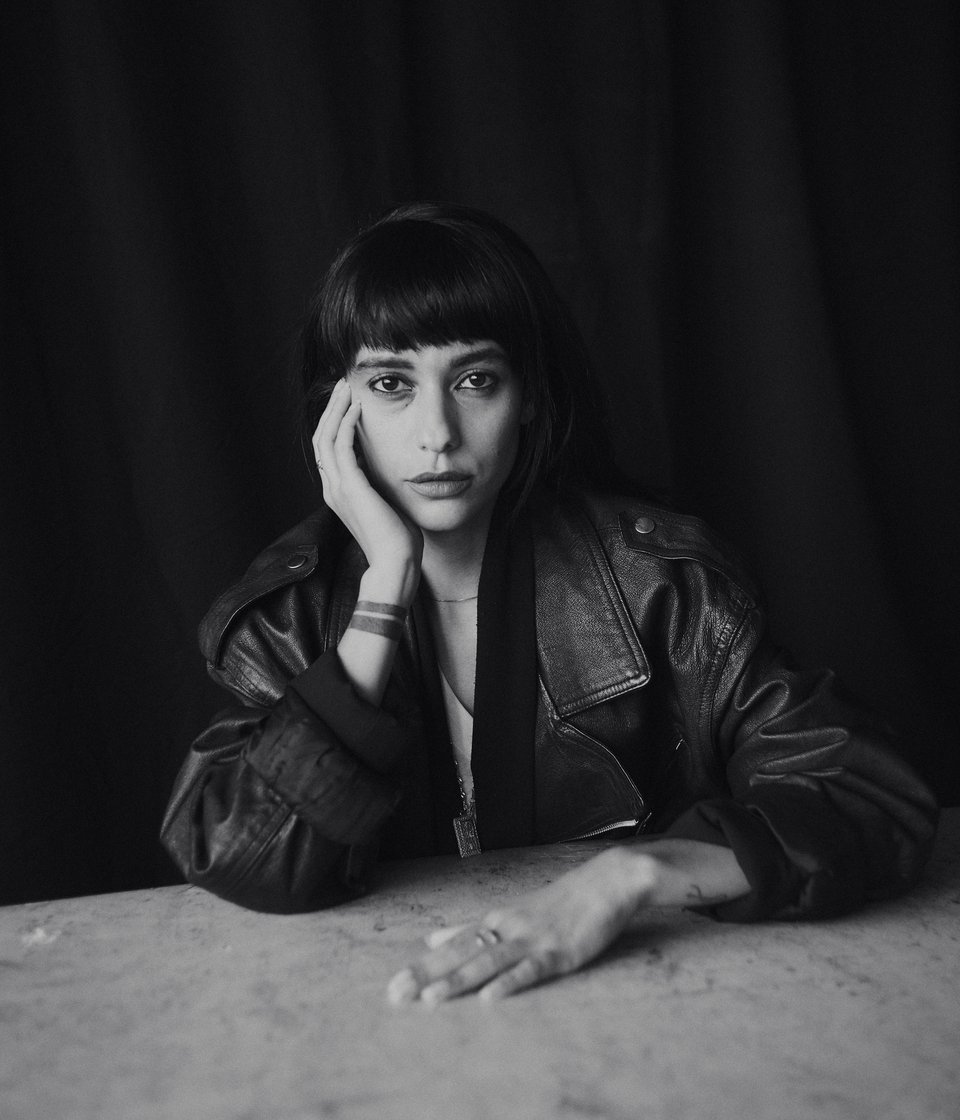Et smalt hus kan rumme tusind venner / بيت الضيق يسع ألف صديق is the result of a collaboration with AllArtNow, the first Syrian independent organization dedicated to contemporary art. Despite closing its doors in 2012 due to the conflict in Syria, the project adopted a new shape, evolving into a mobile curatorial platform. In 2019, AllArtNow relocated to Stockholm, where they currently run a physical space that functions as a cross-cultural meeting spot.
During the first steps of this process, the dialogue with Abir Boukhari (who co-founded AllArtNow in 2005 and is the co-curator of the exhibition) organically revolved around the experience of inhabiting a place we never expected to call our own. In one of those early meetings, before even attempting to reach any sort of conceptual framework, Abir mentioned the Arabic phrase بيت الضيق يسع ألف صديق, that translates as “A small house can accommodate a thousand friends.” The aphorism soon became the name of this exhibition, which gathers a group of artists unfolding the beauty and the sorrow of migrant life, as well as the complex relation between territory and solidarity, displacement and belonging.
Muhammad Ali presents 2.9% (2024), a new work whose title carries a double meaning. It refers to the percentage of the Earth’s land area inhabited by humans while also alluding to the formal logic of the drawing: the artist applies the ink to a small portion of the paper, leaving most of its surface untouched. In this way, the work has a performative dimension, encouraging us to look closer at the tiny rectangle in the center of the composition. There, we find a cluster of bodies sharing a reduced space, losing their contours to each other. However, rather than offering an image symbolizing scarcity, Muhammad outlines a poetic social landscape of intricate bounds and boundless potentialities. A place for compassion and togetherness.
The work of Eliyah Mesayer also contains the echoes of a multitude. At the core of her practice lies Illiyeen, an expansive exercise of political imagination and world building through which the artist brings to life a state for the stateless people. Beyond borders and the exclusionary nature of the Nation-state, the project invokes a citizenry founded on affective connections and alchemic links. Eliyah has meticulously crafted this universe, producing its own anthem and uniforms, as well as small elements like stamps and flower wreaths. Our songs remain unsung (2024) is a new addition to Illiyeen. The work takes the shape of a black megaphone, reminiscent of the ones used by demonstrators, functioning here as an invitation to add our voice to the insuppressible murmur of the stateless.
Arash Fayez uses different mediums to dwell on the notion of in-betweenness. At the opening night, the artist will share his performative reading Anecdotes From the Elsewhere (2022-2023). By blending factual events and fictional narratives, he creates a dislocated tale centered around the idea of the Other. In connection with the performance, Arash presents a work that re-imagines Félix González-Torres’ piece Untitled (Perfect Lovers), from 1991. Consisting of two identical wall clocks (one set to the time in Arash’s native Tehran, the other adjusted to the local time in Copenhagen), Untitled (Displaced Lovers) (2021) hints at a feeling of separation. The shared experience of an aching love trapped between remote heres and irreconcilable nows.
The exhibition includes a group of works on paper from Nisrine Boukhari’s ongoing Mindscapes series. Each of them demarcates a psychological cartography, documenting different episodes from her life by condensing memories and emotions. The thin lines of graphite are accompanied by evocative sentences, as if they were extracted from an inner poem (‘Time is contagious’, ‘The stressful patterns of unattainable love’, ‘It is a matter of time before a dormant volcano erupts’). Nisrine has been applying a meditative breathing method to different drawing-based projects for more than a decade: the hand and the breath, building a volatile shelter together. This method is part of her artistic theory, Wanderism is a State of Mind—a practice where conceptual art, fragmentation, and poetry become therapeutic tools, helping the brain to process an experienced trauma.
Be it in his politically charged paintings, referencing the horrors of war and scenes of political violence, or in his more contemplative works, depicting mundane situations, Rezan Arab’s practice is charged with a subtle emotional depth. Even when reality seems to be experienced through a filter (a window glass, the phone screen during a video call), the artist infuses his paintings with a sense of intimacy. A mess (2022) shows a pile of suitcases, framed portraits, and cardboard boxes in disarray. For Rezan, those objects carry the memory of displacement, symbols of the daily friction between remembrance and forgetfulness. Thus, the crumbled storage room acquires a conflictive dimension, becoming the depository of those things that we want to preserve and the container of all that which we attempt to leave behind.
Kilde:
Collega
Collega

